The merry-go-round that will have an unfortunate impact on both Apple and Google is slowly turning. Apple has taken the first step to slow down this centrifuge, but it looks like it won't stop it. In South Korea, an anti-monopoly law has been adopted, which will affect all major players regarding the distribution of digital content on the given platforms, i.e. at least on iOS and Android. In addition, other countries will surely be added.
Currently, the App Store is the only way developers can distribute (and sell) iOS apps, and they're not even allowed to inform users about other payment options for digital content (typically subscriptions) within their apps. Although Apple has relented and will allow developers to notify customers of alternative options, they can only do so via email, if the user provides it themselves.
It could be interest you

Apple maintains that it created the iOS app market. For this opportunity that it provides to developers, it thinks that it is entitled to a reward. The company has already made a major concession by reducing the commission from 30 to 15% for the vast majority of developers, the second being the mentioned information about alternative payments. But there is still only the App Store, through which all content can be distributed on iOS.
The end of the App Store monopoly
However, last week it was announced that an amendment to South Korea's telecommunications law would force both Apple and Google to allow the use of third-party payment platforms in their app stores. And it was already approved. So it changes South Korea's telecommunications business law, where it prevents large app market operators require the use of their purchasing systems only in applications. It also prohibits operators from unreasonably delaying the approval of applications or deleting them from the store (as a possible retaliation for their own payment gateway – it happened, for example, in the case of Epic Games, when Apple removed the game Fortnite from the App Store).
In order for the law to be enforced, if wrongdoing is proven (on the part of the content distributor, i.e. Apple and others), such a company can be fined up to 3% of their South Korean income - not only from app distribution, but also from hardware sales and other services. And that can already be an effective whip on the part of the government.
The others probably won't be far behind
"South Korea's new app trade law is a significant development in the global fight to ensure fairness in the digital economy," said Meghan DiMuzio, Executive Director of CAF (The Coalition for App Fairness). The coalition then hopes that US and European lawmakers will follow South Korea's lead and continue their important work to level the playing field for all app developers and users.
Many antitrust experts believe that South Korea will be just the first of many to implement this type of legislation. It can be said that until now we have been waiting to see who will be the first to approve a similar law. It will wait a while for legislative matters and a chain reaction will follow. This law will thus be able to be referred to by other regulatory bodies in other parts of the world, i.e. primarily throughout the European Union and the USA, which have also been investigating global technology companies for a long time in this regard.
It could be interest you
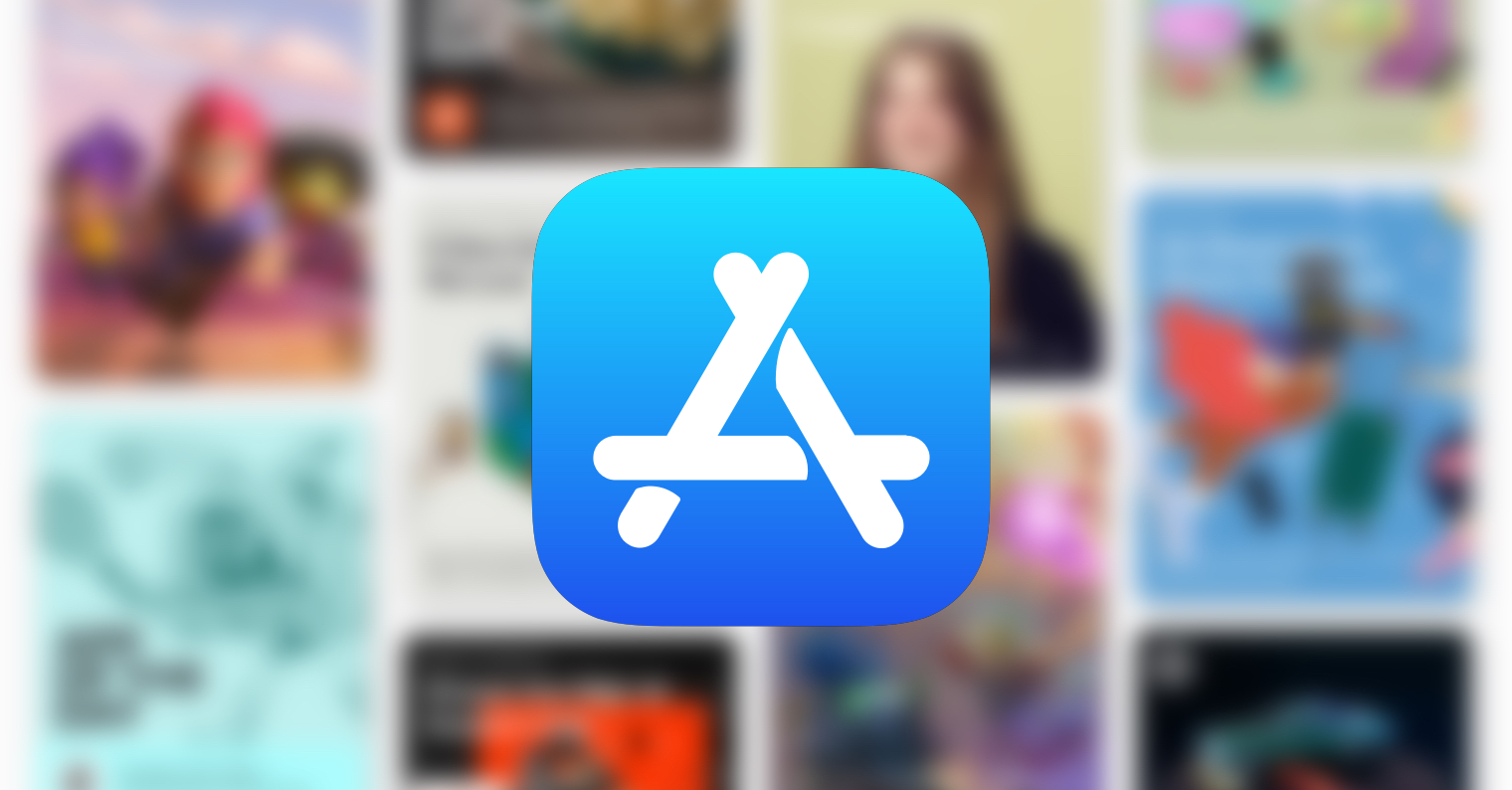
And has anyone asked Apple for an opinion?
In the shadow of this, the whole case of Epic Games vs. Apple as petty. Without a court and other opportunities to defend and present facts, the legislators of a country simply decided. Therefore, Apple also stated that the law will simply put users at risk: The Telecommunications Business Act exposes users who purchase digital goods from other sources to the risk of fraud, infringes on their privacy, makes it more difficult to manage their purchases, and greatly reduces the effectiveness of Parental Controls. We believe that users' trust in App Store purchases will decrease as a result of this legislation, leading to fewer opportunities for the more than 482 registered developers in Korea who have earned more than KRW 000 trillion from Apple to date.
And did anyone ask for the user's opinion?
If Apple were to increase the percentage of the distribution they take, I would say that it is not fair of them. If the App Store has had a fixed amount since its inception, which it has reduced even further for small developers, I really don't see a problem with that. I would understand the whole cry of the developers if, as part of purchases through their distribution, all content will be cheaper by the given percentage that Apple takes. But will it really be? Most likely not.
So if someone presents me with the same amount as it is now in the App Store, what will make me stop making convenient payments through the App Store? A warm feeling in my heart that I supported the developer that much more? Add to that the fact that I am familiar with the case and you, our readers, also know what it is about and can make up your own mind accordingly. But what about an ordinary user who is not interested in such matters? He will be totally confused in that case. Moreover, if the developer tells him: “Don't support Apple, it's a thief and it's taking my profits. Shop through my gate and fully support my efforts.” So who is the bad guy here?
It could be interest you
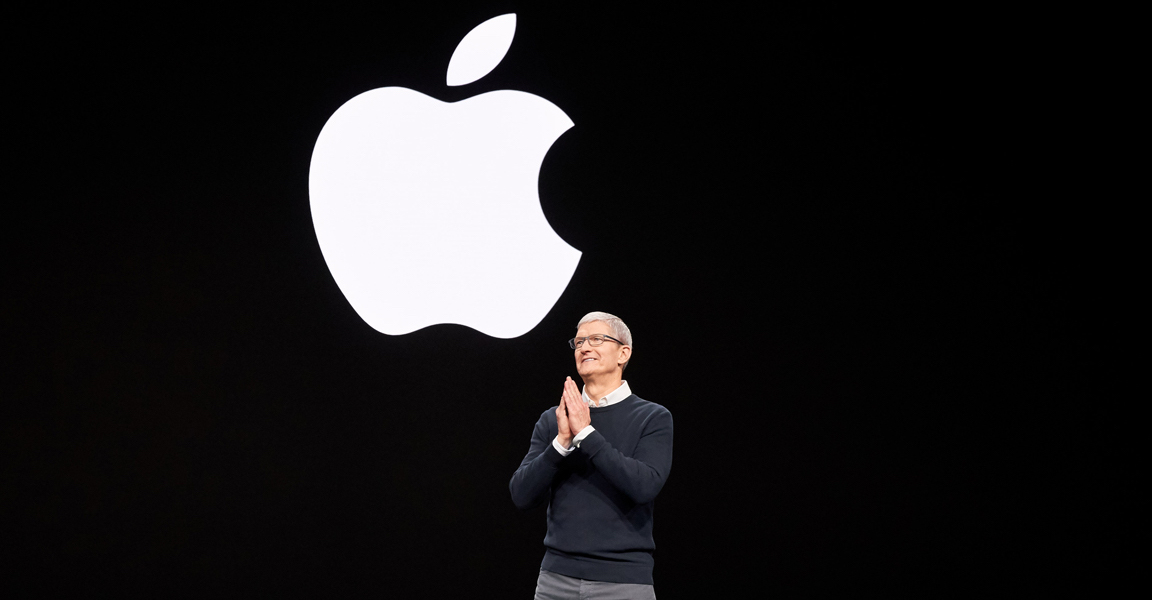
 Adam Kos
Adam Kos 














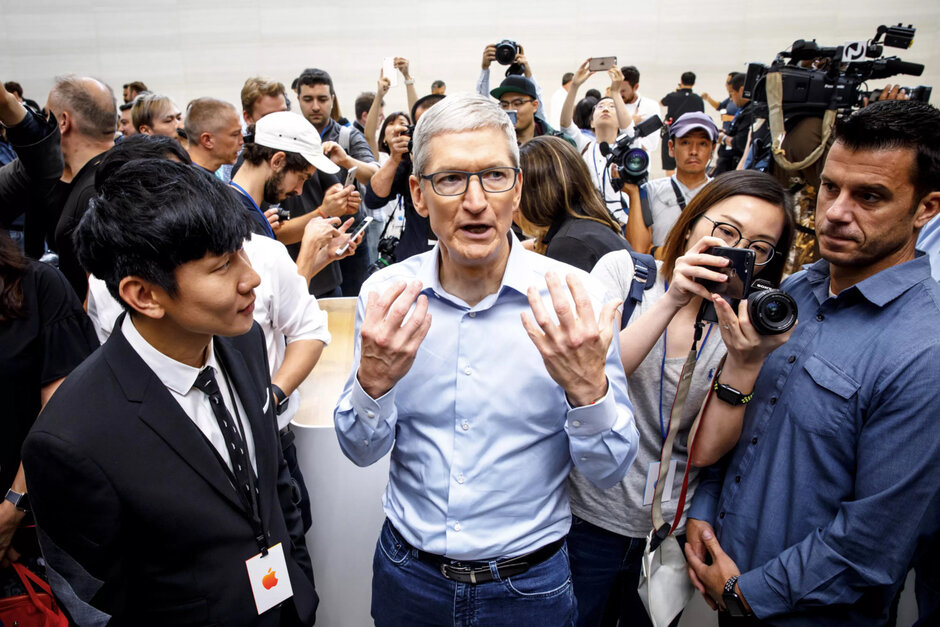

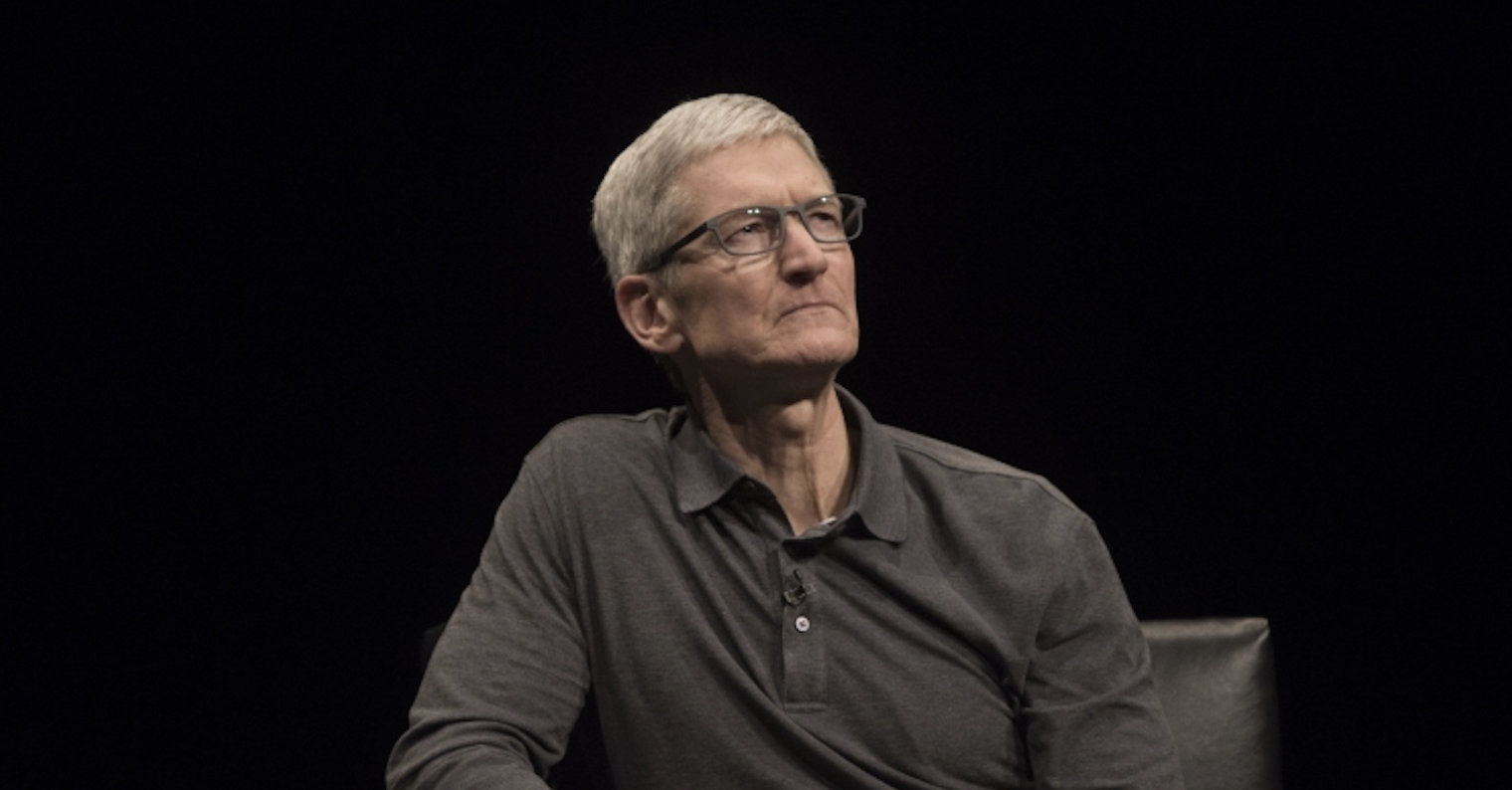

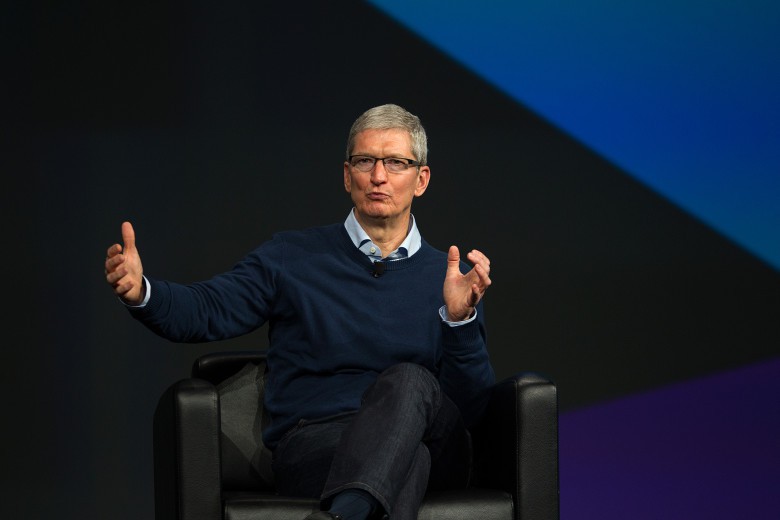
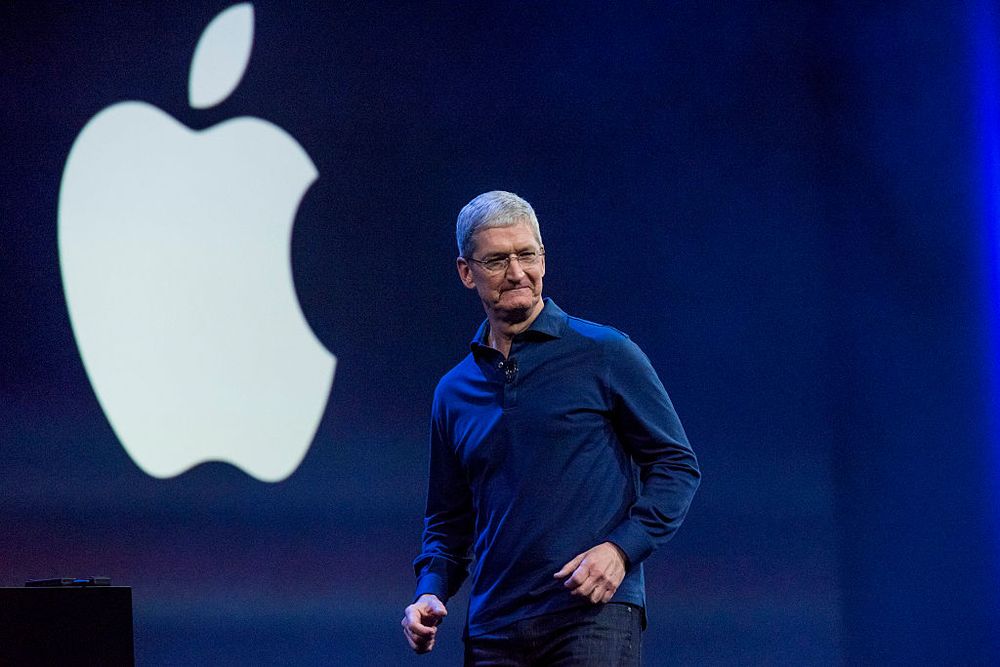

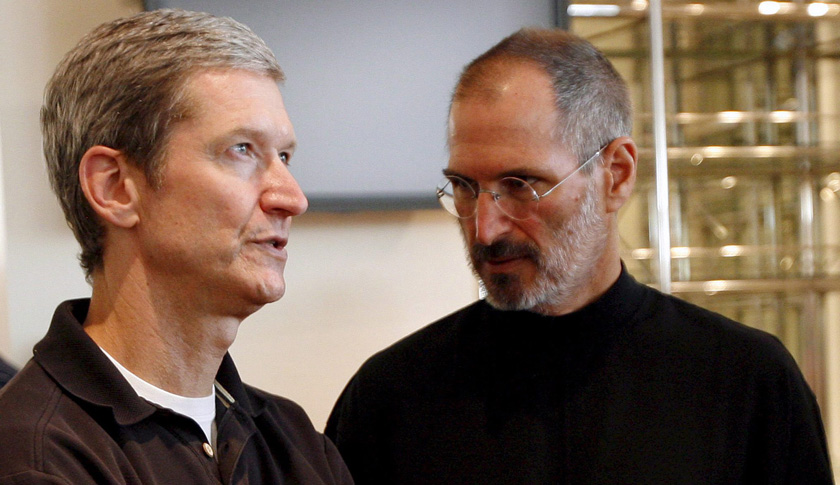



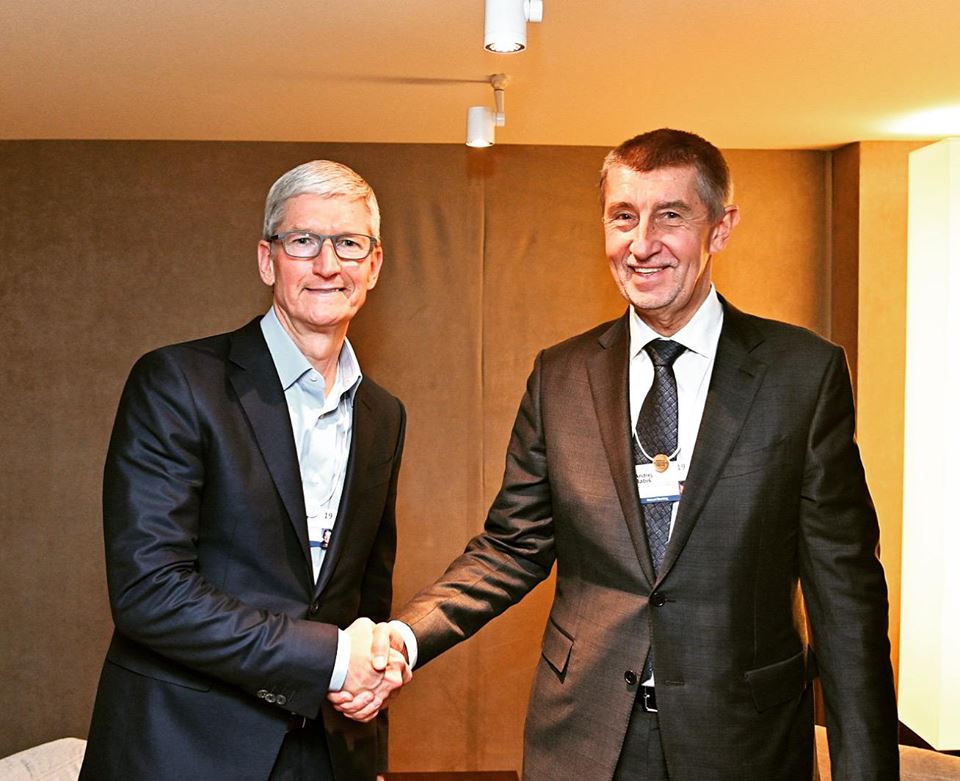
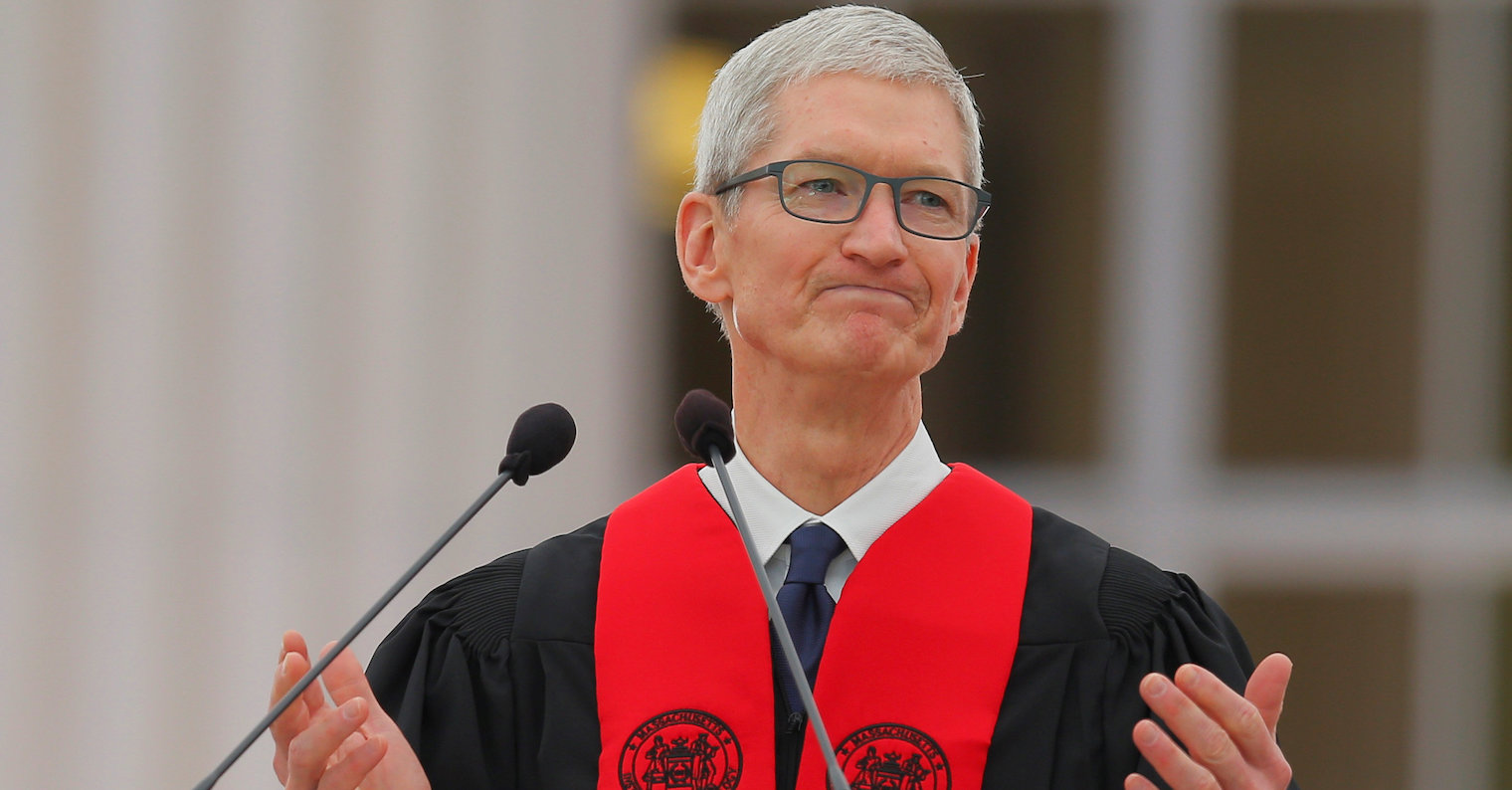
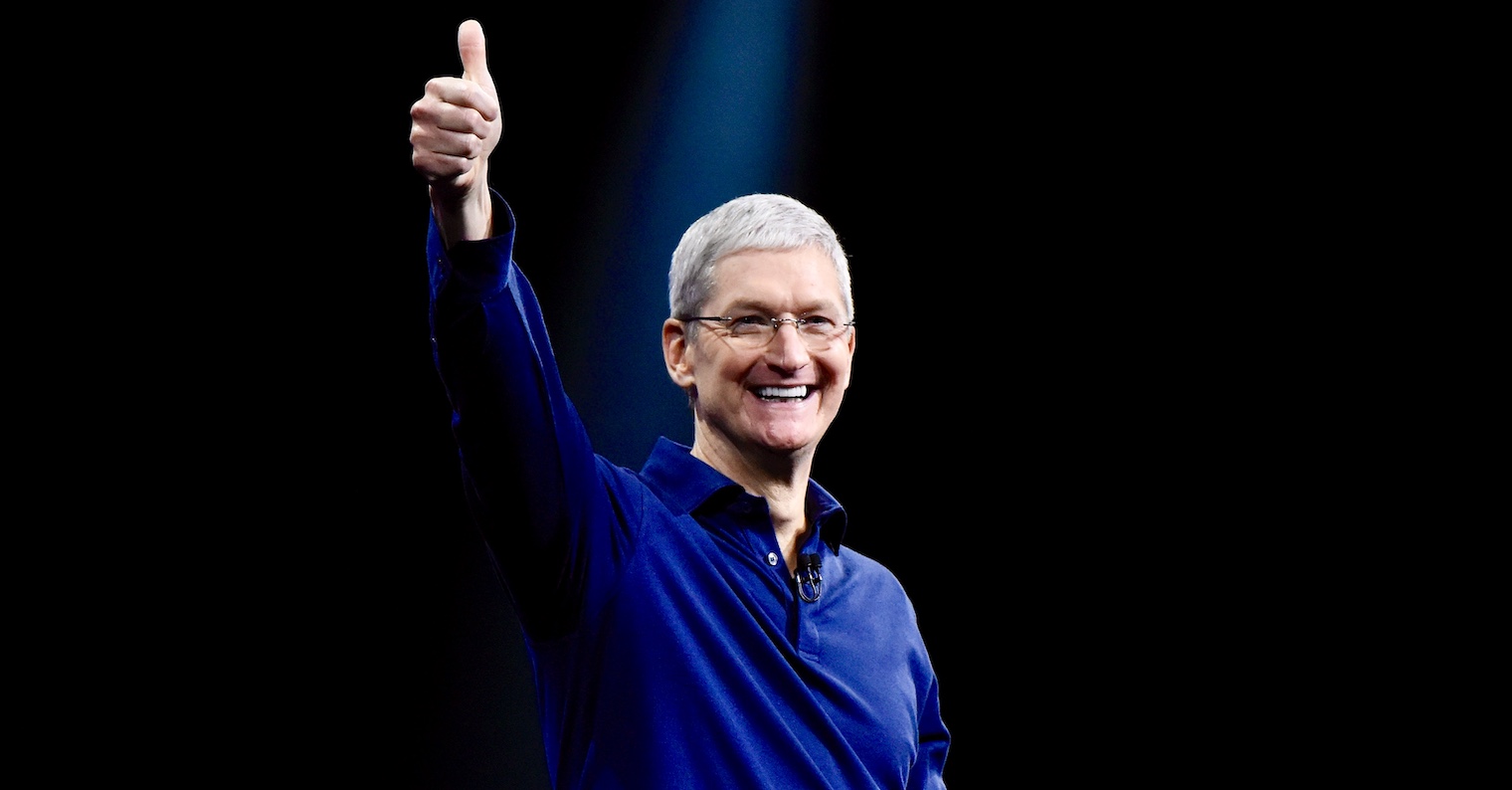
The very best thing would be for Apple to show a raised middle finger and announce that it will not support South Korea and is leaving the market. It would certainly hurt them less than opening up iOS to everyone, and maybe they'd win in the end and users would be stomping around canceling this bullshit.
I agree. And I also think that it will bring the first viruses to ios
Exactly, if Apple had the balls to do this, it would also be a very interesting precedent and others would realize that it is not that simple. Simply put, in a market economy, the market should regulate and not the legislators.
You're right about the market, but we shouldn't be living in the era of extreme socialism (National Socialism, Communism and so on).